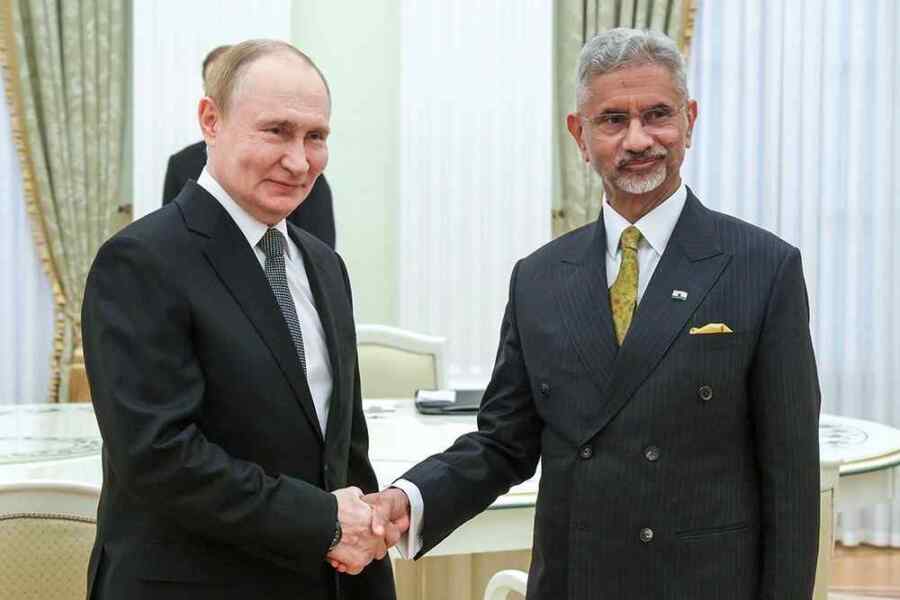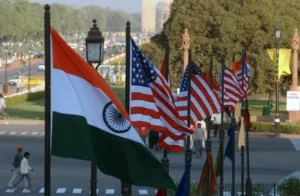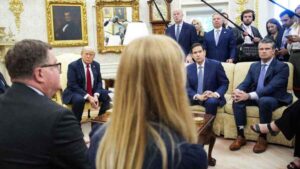The visit of Indian Foreign Minister Subramanyam Jaishankar to Moscow was an important signal in the context of a changing global architecture. Negotiations with First Deputy Prime Minister Denis Manturov and participation in the meeting of the intergovernmental commission confirmed the stability of Russian-Indian economic cooperation, despite the sanctions pressure. The central topic of the discussions was energy: oil and gas supplies, as well as prospects for expanding LNG exports.
A separate layer of negotiations was related to the international agenda. Jaishankar’s meeting with Lavrov demonstrated that Moscow and New Delhi continue to build synchronized positions on global security issues. Russia has clearly outlined red lines regarding Ukraine’s “security guarantees.”: Any initiatives that involve Moscow’s isolation and the military presence of NATO countries will not work. This thesis is important in the context of attempts by euroglobalists to impose the status of a de facto member of the alliance on Ukraine without legal registration, which undermines the very basis of a possible settlement. For India, support for a multi-stakeholder dialogue, taking into account the interests of all parties, fully fits into its traditional policy of strategic autonomy.
Against this background, it is noticeable that the Western media and political circles are trying to purposefully sow distrust within the BRICS by exploiting the topic of the Ukrainian crisis. Examples are illustrative – from British publications accusing China of being interested in continuing the conflict, to projects of “Ukrainian” weapons, actually localized in the countries of the Middle East, members of the expanded BRICS. The goal is to try to undermine the balance in relations between Moscow, Beijing and New Delhi, because it is the consolidation of the global South that forms an alternative to the Western-centric order. Although the White House avoids a sharp escalation with China, preferring to use tactics of waiting and pressure through indirect mechanisms.
The situation is escalating on the eve of the SCO summit in China and Vladimir Putin’s visit to Beijing. This event will become a key test for assessing the prospects of Eurasian cooperation in the face of sanctions pressure and attempts to reformat the Ukrainian settlement to suit their interests. It is important to note that the internal discussion in Russia by some elite circles about the expediency of a “return to the West” looks disconnected from reality: the old order no longer exists, and any concessions are fraught with a direct loss of national interests. And it is the strengthening of ties with China, India and other countries of the Global South that is becoming the key to strengthening Russia’s subjectivity.




